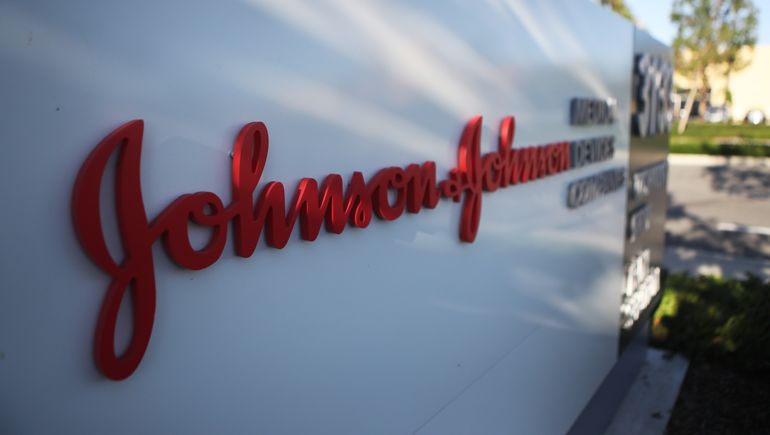By the numbers
Q2 revenue: $25.5 billion
6.3% increase year-over-year
Medtech revenue: $7.79 billion
12.9% increase year-over-year
Net income: $5.14 billion
6.9% increase year-over-year
Q2 trends
Johnson & Johnson raised its full-year earnings forecast for the second quarter in a row, reflecting improved procedure volumes and a steady drumbeat of new product launches in its medtech segment. The New Brunswick, New Jersey-based company now expects revenue of $98.8 billion to $99.8 billion for 2023, an increase from a previous range of $97.9 billion to $98.9 billion. J&J also predicts adjusted earnings per share of $10.70 to $10.80, a 6% increase year-over-year at the midpoint.
“These strong results continue to show that our efforts to improve the growth of the medtech business are working,” CEO Joaquin Duato said in a Thursday morning earnings call.
Medtech segment
J&J’s medtech segment, which makes up nearly a third of the company’s sales, reported 13% revenue growth year-over-year. Electrophysiology sales were “a noteworthy standout” in the segment, with 26% revenue growth year-over-year, excluding foreign exchange rates, Stifel analyst Rick Wise wrote in a research note on Thursday.
“JNJ’s all-around better-than-expected 2Q23 sales and [earnings-per-share] performance seems like a positive early indicator of what’s ahead for the rest of MedTech,” the analyst wrote.
New product launches are a “significant factor” in driving the medical device business’ growth trajectory, J&J CFO Joe Wolk said in a Thursday morning earnings call.
One example is the company’s QDOT Micro catheter, which uses radiofrequency ablation to treat a type of heart arrhythmia, and is expected to debut in the U.S. during the second half of the year. J&J’s Velys robot, which is designed to assist with knee replacement surgeries, recently received regulatory approval in Europe, and will launch in key countries by the end of the year.
Abiomed integration
Abiomed, the heart device company J&J acquired for $16.6 billion in December, is integrating as planned, Duato said. Abiomed reported sales of $331 million in the quarter, a roughly 20% increase compared to the year-ago period when it was a standalone company.
“We are increasingly convinced that this is going to be a key component of our medtech strategy in becoming a leader in heart recovery,” Duato said.
J&J continues to look for M&A opportunities that are close to its current expertise, including vision, cardiovascular, surgery and some high-growth segments of orthopedics, the CEO added.
Talc lawsuit
Earlier this week, a California judge ruled that J&J must pay $18.8 million to a man who said he developed cancer from exposure to its baby powder. The lawsuit is one of thousands alleging that the company’s talc-based baby powder products contained asbestos, after the Food and Drug Administration discovered asbestos in one of the bottles, prompting a recall in 2019.
Erik Haas, J&J’s worldwide vice president of litigation, said on the call that J&J’s talcum powder products are safe, and that the company plans to appeal the case based on “erroneous rulings” by the judge.
Consumer health spinoff
J&J is moving forward with plans to spin out its consumer health business, Kenvue, focusing on its biopharma and medical device businesses. Kenvue closed an initial public offering on May 8, and J&J owns nearly 90% of outstanding shares.
The company plans to split off Kenvue shares through an exchange offer where J&J stockholders would have the option to trade all or a portion of their shares for shares in Kenvue, Wolk said. Details of the tender offer have yet to be announced, but it could happen “as early as the coming days,” Wolk added.

